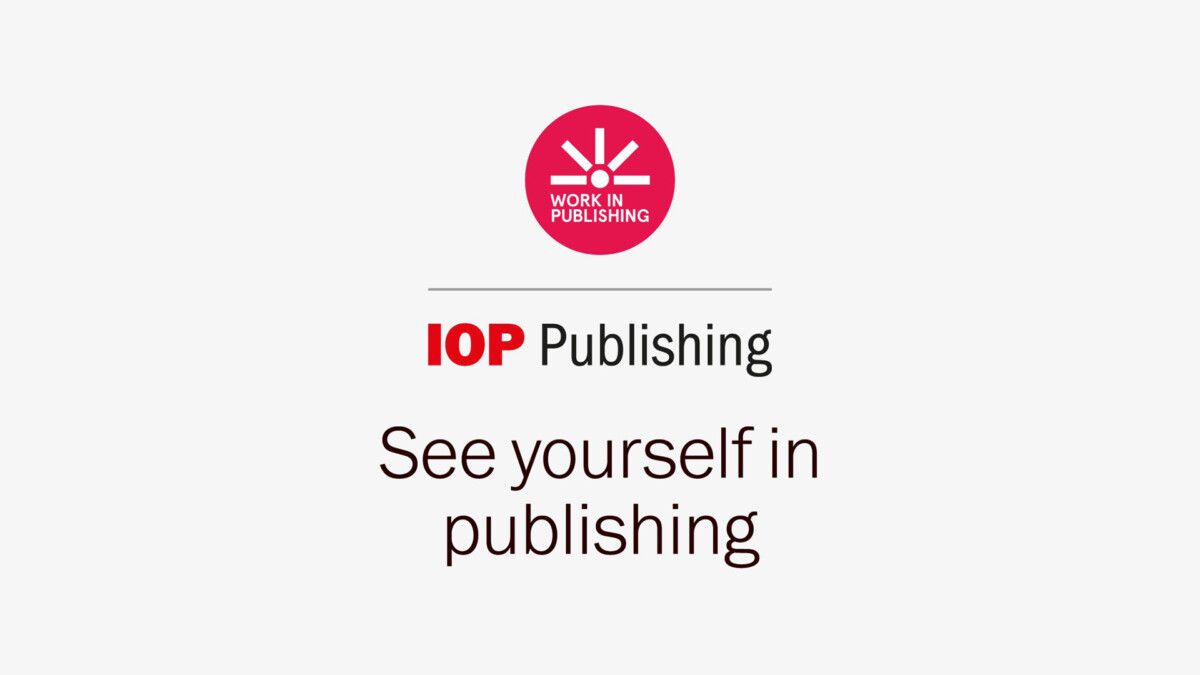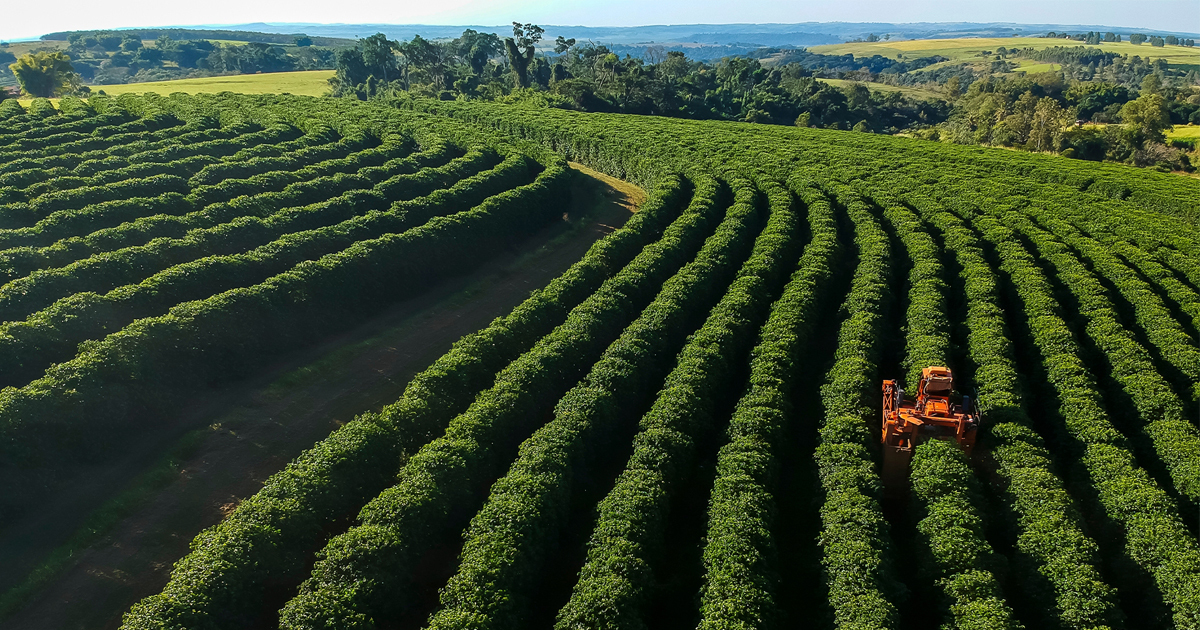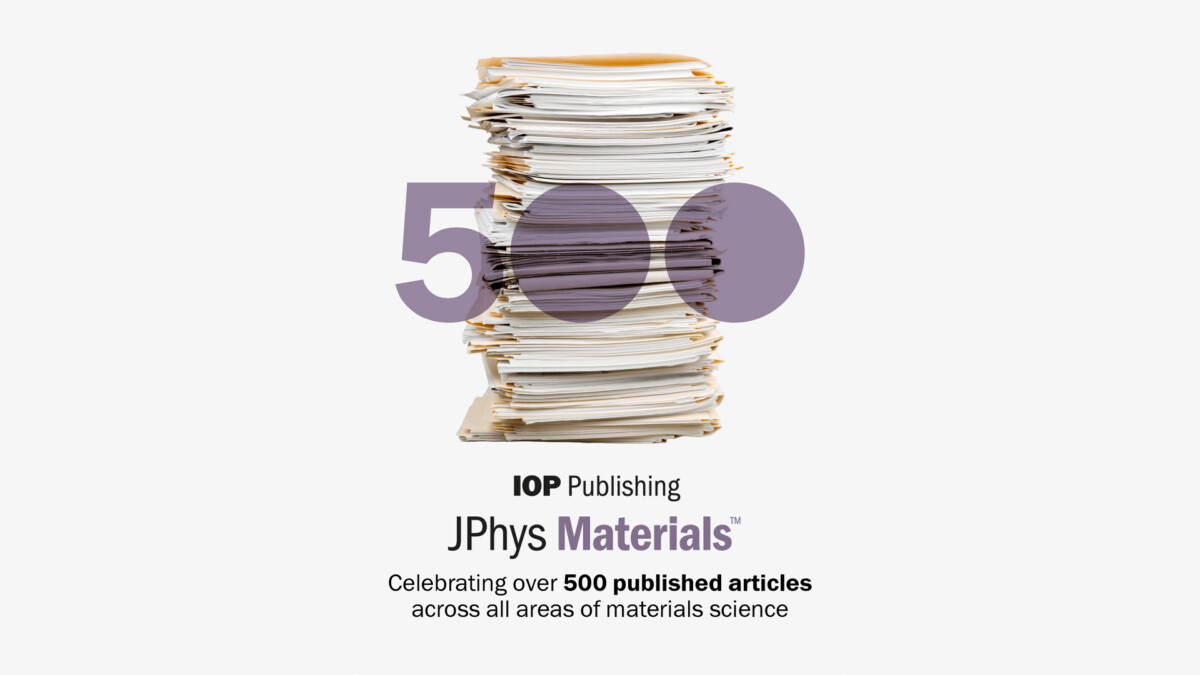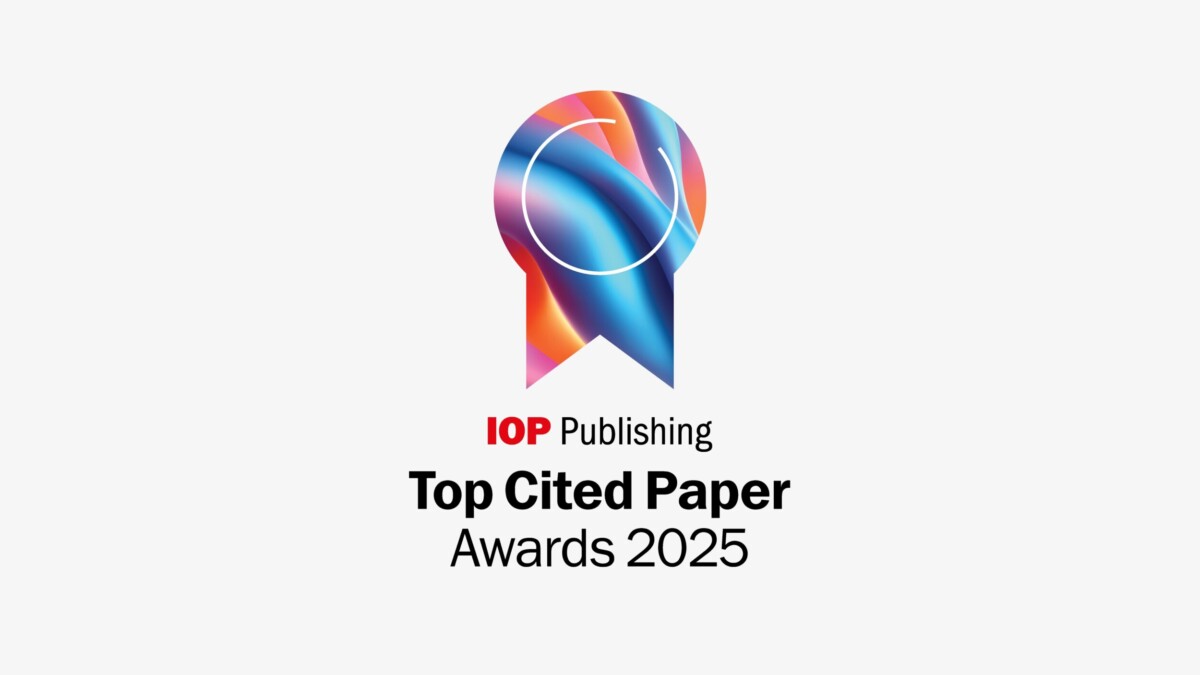2025
-

Creating Space for Everyone: Supporting Neurodiversity and Disability at IOP Publishing
Chloe Slim, Chair of the Neurodiversity and Disability Employee Resource Group, discusses the group’s importance, hopes for the future and what it means to colleagues across IOP Publishing (IOPP). A Space for Support and Action “Inclusion is part of how we work every day at IOPP. The Neurodiversity and Disability ERG brings colleagues together to […]
-

Work in Publishing Week: Demystifying scientific publishing and inspiring future talent
Last week was Work in Publishing Week, a national initiative run by the Publishers’ Association to encourage young people aged 14-24 to explore careers in publishing. To celebrate, IOP Publishing (IOPP) welcomed students from a local school for two work experience days and teamed up with Creative Access for a webinar discussing the many pathways […]
-

AI Adoption in the U.S. Adds ~900,000 Tonnes of CO₂ Annually, Equal to 0.02% of National Emissions
A new study published in Environmental Research Letters finds that continued growth in artificial intelligence (AI) use across the United States could add approximately 900,000 tonnes of CO₂ annually. This is not a small amount but equates to a relatively minor increase when viewed in the context of nationwide emissions. While AI adoption is expected […]
-

Making Enhancements for a Better Digital Experience
At IOP Publishing, we’re committed to making research easier to publish, read, and share. Starting with the 2026 volumes, we’re introducing a few updates to our journal schedules and PDF formats to better support digital publishing and improve efficiency. Here’s what’s changing: Simplified Journal Schedules We’re aligning journal issue schedules with their cover dates, moving […]
-

Climate intervention may not be enough to save coffee, chocolate and wine, new study finds
A new study published in Environmental Research Letters reveals that even advanced climate intervention strategies may not be enough to secure the future of wine grapes, coffee and cacao. These crops are vital to many economies and provide livelihoods for farmers worldwide. However, they are increasingly vulnerable to the effects of climate change. Rising temperatures […]
-

A Landmark Moment for JPhys Materials: Celebrating 500 Published Articles
JPhys Materials is proud to celebrate a major milestone with the publication of its 500th published article, a testament to the journal’s standing in the community and coverage across all areas of materials science. Fittingly, this landmark article is a Board Member-led Roadmap on Theoretical Ultrafast Science, Guest-edited by Professor Fabio Caruso (Kiel University), who […]
-

IOP Publishing celebrates Top Cited Paper Awards 2025
IOP Publishing (IOPP) is proud to announce the winners of its Top Cited Paper Awards 2025, recognising the top one percent of most-cited papers published in its propriety journals. This year’s honours include: The recognised papers span a broad range of disciplines – from astrophysics and astronomy to biomedical science, environmental research, and sustainability. Across […]
-

Nobel Prize in Physics awarded to IOP Fellow and team for work in quantum technology
The Institute of Physics (IOP) and IOP Publishing extend their warmest congratulations to IOP Fellow John Clarke FInstP FRS, and his colleagues Michel Devoret and John Martinis, on winning the 2025 Nobel Prize in Physics for their work in the development of quantum science – especially meaningful in this, the UNESCO International Year of Quantum […]







